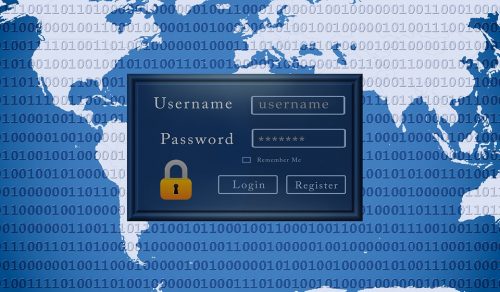There are many ways on how people could improve their mental health, one of which is online therapy, which has become popular in recent years. This mode of treatment is unique because the therapists and clients are no longer required to meet in an actual office. They can talk about the issues, take quizzes and discuss essential matters through a remote environment. All these make online counseling highly preferred by a lot of troubled individuals.
“Online therapy is also known as teletherapy, online counseling, distance therapy, internet therapy, e-therapy, telehealth, telebehavioral health, email therapy, text therapy, phone counseling.” –Sena Moran, LMHC

However, this method is not perfect. Some people have complaints about the manner that online therapy is being conducted. The primary concern has always been the confidentiality of the sessions. Is it safe to open up to an online therapist? Is there a client confidentiality agreement during the professional engagement? Are the secrets safe?
The truth is that the answer to the questions above is dependent on several factors. It must be noted that online therapy relies on the use of recent advancements in technology. A particular patient needs to use his laptop, computer or smartphone to get in touch with his therapist. For this reason, there is a high possibility that a breach of privacy may take place. To avoid this situation from taking place, here are some of the things you need to know:
Choose A Good Security Code for Client Confidentiality
If you want to try this latest method of treatment for mental health issues, the first thing that you have to do is to make an account online. As much as possible, be sure to use a secure log in details for the account. Do not use passwords or codes that are easy to guess such as your date of birth, anniversary date, and favorite numbers. Think of a combination that will be difficult to steal from you.
“This kind of effort takes a fair amount of commitment and understanding of the online world.” –John M. Grohol, Psy.D.

Do Not Print Conversations
Online therapy may involve an exchange of text messages, chat messages or e-mails between you and the professional counselor. You may be tempted or enticed to print out the details of the conversations, especially if you liked the advice of the therapist. No one can prevent nor stop you from doing it. However, try to keep the printed copy all to yourself. Do not leave it in areas that anyone could gain access to.
Avoid Using Public Computers
Whenever you are at the office and you need to talk to your online therapist, the smart thing to do is to use your mobile phone. Avoid using computers in the workplace or accessing the website through a public network. Always remember that anyone can keep track of your messages if you do these things. For example, your boss has the right and authority to read the e-mails sent via the office computer or laptop.

“online care is not for every patient or practitioner. Clients with more serious mental illnesses or addictions likely need more treatment than digital therapy can provide.” –Nina Barlevy, PsyD
Client Confidentiality may be a big issue when it comes to the practice of availing online therapy. Nonetheless, this does not mean that this latest method of dealing with mental health issues is not effective. All you have to ensure is to become more responsible for securing your data and other relevant information. Take note that it is your job to protect your privacy.